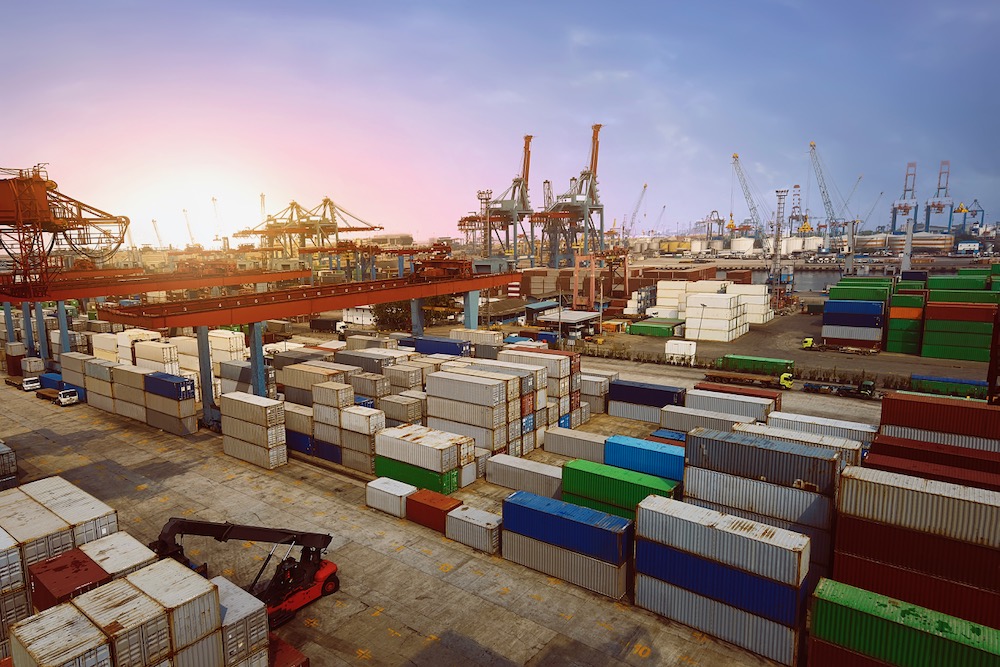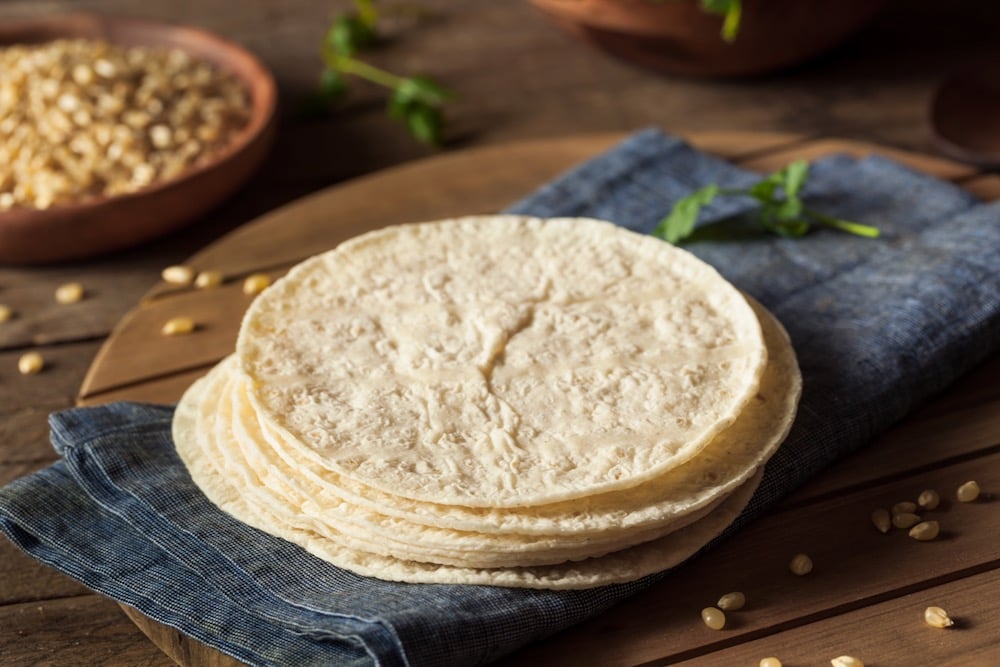Agriculture groups praise CEPA trade deal with Indonesia

The Canadian Meat Council says a new trade agreement between Canada and Indonesia holds significant potential for meat exporters.
“This landmark agreement represents a significant opportunity for Canada’s meat industry to expand its presence in one of the largest and fastest-growing markets in the Indo-Pacific region,” the council said in a statement on Monday.
Indonesia and Canada signed the Comprehensive Economic Partnership Agreement (CEPA) on Dec. 2, three years after negotiations began. The agreement will take effect in 2026 and was signed in Jakarta by trade ministers of both countries.
Read Also


Mexico expects resolution on GM corn dispute by Dec. 14
Mexican Economy Minister Marcelo Ebrard said on Tuesday he expected a resolution on a dispute under the U.S.-Mexico-Canada free trade pact regarding Mexican restrictions on imports of genetically-modified (GM) corn by Dec. 14.
In a joint statement on Monday, the two countries said the agreement, “addresses rules and market access for goods, services, investment, financial services, and temporary movement of natural persons and includes provisions on intellectual property rights, good regulatory practices, e-commerce, competition, government procurement, small and medium-sized enterprises, women’s economic empowerment, environment, and labour.”
The countries also agreed to cooperate on critical minerals, sanitary and phytosanitary measures. Canada committed to providing technical assistance to facilitate the new agreement.
The Canadian Meat Council praised the “robust” sanitary and phytosanitary chapter, which it said will be enforced in such a way as to prevent it from becoming a non-tariff trade barrier.
“It will be essential to ensure that market access requirements, including halal certifications, and industry food safety audits are addressed promptly to facilitate commercially viable access,” the council said.
Cereals Canada was also bullish about the new deal, calling it a “significant milestone for Canada’s agriculture and food sector,” in a statement today.
“With our long history of supplying wheat and durum to Indonesian millers, Cereals Canada was supportive of the negotiations toward an agreement,” said Cereals Canada CEO Dean Dias. “We expect this new agreement to set the stage for future growth and cooperation. The Canadian cereals sector looks forward to continuing our strong ties with Indonesia.”
Cereals Canada highlighted the agreement’s “comprehensive provision on agricultural biotechnology,” and broad tariff elimination for Canadian agricultural exports.
Two-way trade between Indonesia and Canada was $3.4 billion last year, according to with Indonesia’s trade ministry. Canada has estimated bilateral trade at $5.1 billion in 2023.
Canada’s main exports to Indonesia were cereals, oilseeds, wood pulp, fertilizers and machinery, the Government of Canada’s website said. Indonesia mainly exported machinery and electrical machinery as well as garments and footwear.
Indonesia is Canada’s second-largest buyer of non-durum wheat, Cereals Canada said, with 2.4 million tonnes bought in 2023.
Under CEPA, Indonesia will see liberalization of 90.5 per cent of the total tariffs for goods entering Canada with a trade value of $1.4 billion (C$1.97 billion).
Canada’s international trade minister, Mary Ng said the country’s cattle industry was also represented on the Jakarta visit and looking to play a part in Indonesian President Prabowo Subianto’s signature program to provide free school meals from next year.
Asked about U.S. President-elect Donald Trump’s plan to impose 25 per cent tariffs on Canadian goods, Ng told Reuters: “We need to work with the Americans and we’re committed to doing that and that work will certainly continue”.
“The good news here is that Canada and Indonesia in the negotiating of this trade agreement means that we are creating a predictability of our trading relationship, bringing down tariffs,” she added.
—With files from Reuters
—Updated Dec. 4 to include quotes, details from Cereals Canada, updates headline.
Source: Farmtario.com

